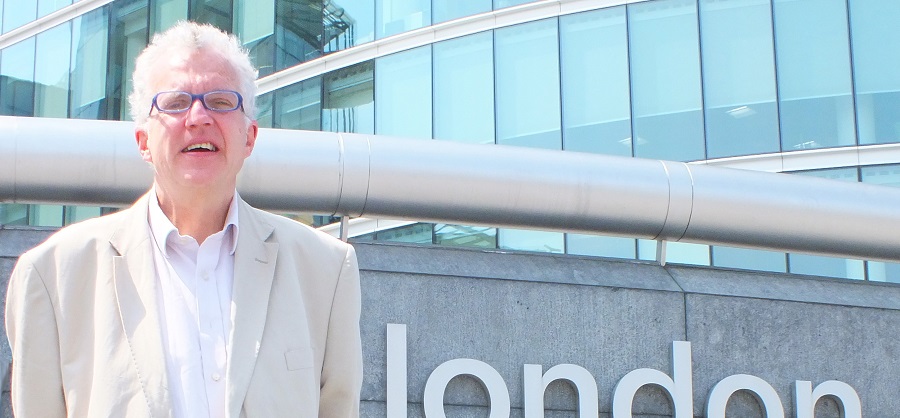Yesterday’s meeting between the train operators and transport ministers was the first in what is set to be an elaborate game of cat and mouse played out against the backdrop of the recession.
Railways always do badly at times of economic downturns because they have fixed assets and costs while passenger numbers normally fall sharply as people cut back on both work and leisure travel. Moreover, this is the first time that the rail companies are faced with the possibility of fewer passengers since they took over from British Rail in the mid 1990s. During the last recession in the late 1980s, the then Tory government responded by cutting back on investment to British Rail while allowing the deficit to soar.
That option is no longer open to the government. The private franchise companies have signed up to contracts of, mostly, seven years and the investment funding paid to Network Rail, the infrastructure company, is fixed by a regulator. Therefore, it is the private companies which bear much of the risk of any loss of revenue.
It is bad news for them that in recent years they have signed up to increasingly bullish franchise contracts based on the assumption that revenue would grow at 3-5 per cent above the rate of inflation. To achieve these targets, not only do they have to attract increasing numbers of passengers, but they also have to put up fares in real terms, as witnessed by the recent rises averaging over 6 per cent.
Keith Ludeman, the head of Go Ahead which has the majority stake in two of the big three south of the Thames commuter services, has been particularly bullish, arguing publicly that the contracts are renegotiable. Ministers have so far stuck rigidly to the opposite line, stressing that the deals are immutable. There is a bit of leeway in the contracts, a cap and collar arrangement which means that part of the losses or profits are shared with the government. However, in the past, franchisees faced with the prospect of continued losses have chosen to give up their contracts, rather than carry on knowing there would be further hits for their shareholders.
While ministers will be able to stick to that line if just a single company get into trouble, as happened with the GNER contract owned by Sea Containers two years ago, they would be put in a very difficult position if several operators threatened to throw in the towel. That would put at risk the whole fragile edifice of rail franchising and lead to renewed questions about the structure of the industry, which has already been part renationalised when Railtrack went bust in 2001 and was replaced by the not for profit Network Rail.
